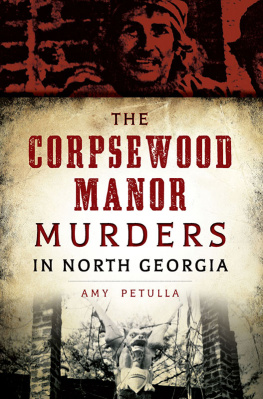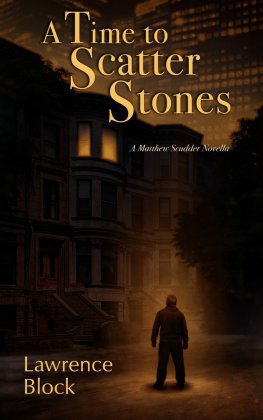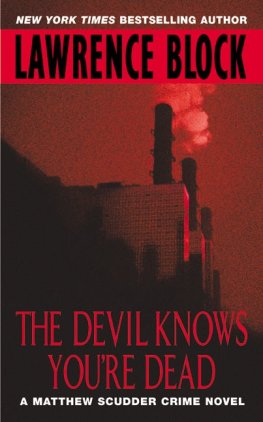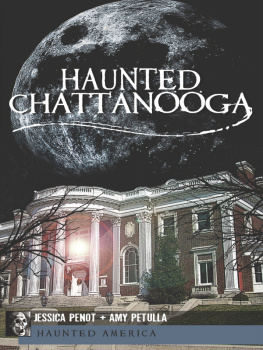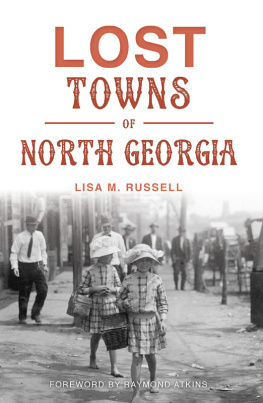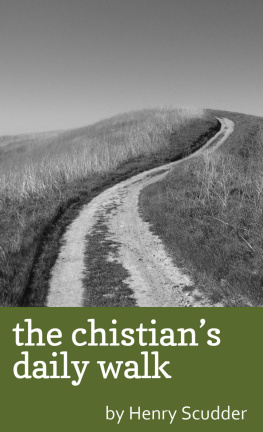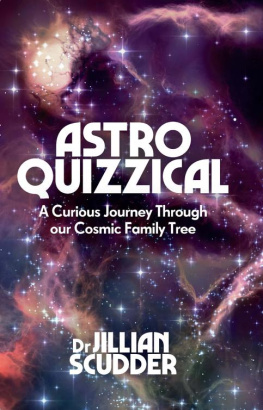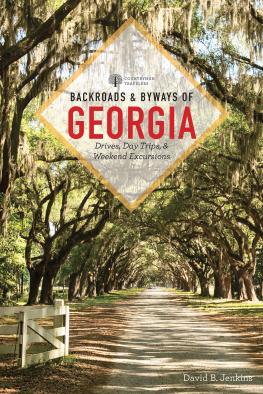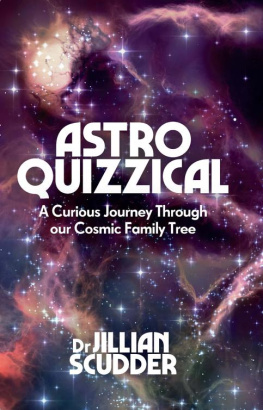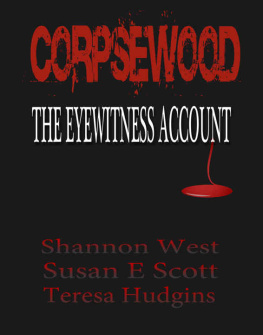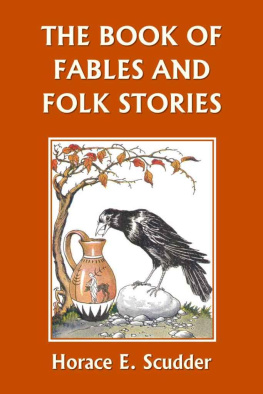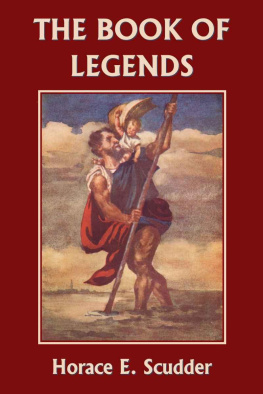
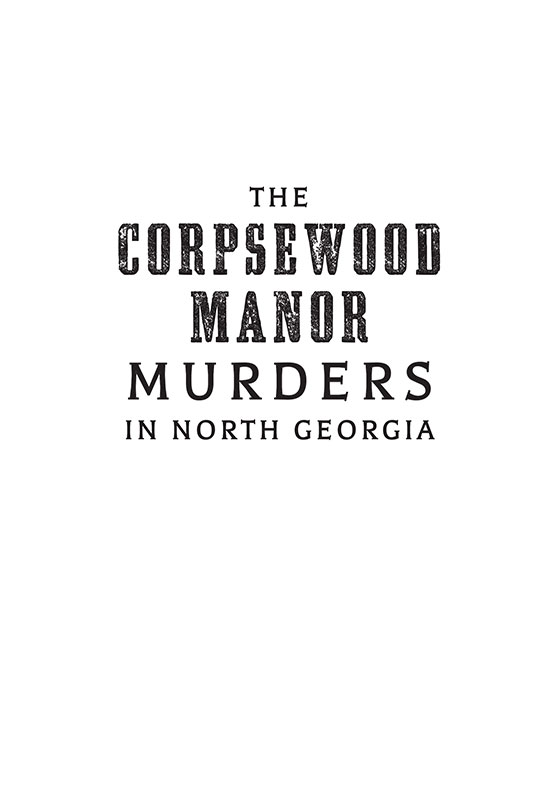

Published by The History Press
Charleston, SC
www.historypress.net
Copyright 2016 by Amy Petulla
All rights reserved
First published 2016
e-book edition 2016
ISBN 978.1.62585.645.6
Library of Congress Control Number: 2016936015
print edition ISBN 978.1.46711.900.9
Notice: The information in this book is true and complete to the best of our knowledge. It is offered without guarantee on the part of the author or The History Press. The author and The History Press disclaim all liability in connection with the use of this book.
All rights reserved. No part of this book may be reproduced or transmitted in any form whatsoever without prior written permission from the publisher except in the case of brief quotations embodied in critical articles and reviews.
CONTENTS
ACKNOWLEDGEMENTS
I want to thank the many people of the Lookout Mountain Judicial Circuit who gave so generously of their time to bring this book to life. From the attorneys and judges and clerks office staff to law enforcement and probation, the secretarial staff at all those places and the friends and acquaintances of Charles Scudder and Joseph Odom, everyone has been wonderful about sharing their stories and memories, and I cannot thank you enough. Among those to whom I am most indebted are: Bobby Gilliland, who not only spent hours sharing his knowledge but also took me out to Corpsewood twice and shared his personal photos from the crime scene with me; Ralph Van Pelt, who shared photos as well as recollections; Jon Dennis (who, besides being a wonderful storyteller, is also an awesome photographer, as well as an authority on Howard Finster and William Blake); and Cindy Hall, Johnny Bass, Ben Ballenger, Judge and Mrs. Joseph E. Loggins, Jim and Herbert Buzz Franklin, McCracken Poston (who shall forevermore be linked in my mind with the hot dog case), Gary McConnell, Christopher Townley, Albert and Kim Palmour, Clifton Skip Patty, Judge Jon Bo Wood, Bryant Henry, David Dunn, E. Don Towns, Kristina Cook Graham, Melanie Le, Ann Patterson, David Whitman, Archibald Farrar, Brad Bonnell, Dustin and Dee Cochran, Kerri Hamilton, Candice Williamson, John Croy, Jordan Poole and the other folks at Paradise Garden, Magus Peter Gilmore, John Levey, Lin Gray, George C. Coker, Gerald Fleming, Alice Daniel Seabolt, Kent Moreno, all those who asked to remain anonymous, the ladies at the Walker County district attorneys office, the staff of the Chattooga County Library and the wonderful ladies in the Chattooga County clerks office, especially Doris, who had to hand me the West court file so often, even if it meant some piece of office machinery broke down every time she touched it. I am so grateful to the people who read my drafts and made suggestions, including some of those listed above, as well as Penny Watne, Meredith Casto, Hope Holloway, Shelby Abernathy and Rachel Abernathy. Thanks to Gene Espy of the Summerville News for allowing me to use the old photos of the attorneys, and a big thank-you to Stephen King for allowing me to use the reference to Castle Rock. A special thank-you to Mark Fults for filling me in in such wonderful detail on the paranormal aspects of the case. And finally, a big posthumous thank-you to the incomparable David Red Lomenick for bringing me to this deliciously wild and wonderful circuit in the first place.
INTRODUCTION
Chattooga County, Georgia, is known for two things: the blessed Paradise Garden, home of Howard Finster, bicycle repairman and preacher whose 1976 vision led him to become a renowned folk artist and build his Worlds Folk Art Church in 1982; and the ill-fated Corpsewood Manor, the castle built by hand in the middle of the national forest as home for two party-loving Satanists.
In 1982, the God-fearing folks of Chattooga County slumbered peacefully, secure in the knowledge that their larger-than-life sheriff was keeping troublesome elements under control. Their lives might be occasionally disturbed by the rantings of street preacher Howard Finster or the drunken drag-racing of bored adolescents, but they were confident that their tiny southern town was safe from the evil that regularly befell large, heathen cities like Atlanta and New York. Little did they know what they harbored in their midst. A dark shadow fell over the town that fall, wreaking havoc and turning their world upside-down. Opinions about what brought it differ wildly. Some say it was pure coincidence. Some say it was born of the convergence of small-town prejudices, warped southern values and an uneducated populace poorly served by Georgias impoverished education system. And some say it was forged by Dr. Charles Scudder, a Loyola professor of pharmacology and assistant director of the Institute for the Study of Mind, Drugs and Behavior, who relocated to the area from Chicago with his housekeeper/companion, Joey Odom, in 1976. Disillusioned with the rat race, they built a castle in the woods by hand, filled it with Satanic symbols and named it Corpsewood after the graveyard of denuded trees that greeted their arrival. Small-town gossips whisper that Charles claimed he invoked a demon to protect their estate, along with their massive English mastiffs, Beelzebub and Arsinath. The pair worshiped sensual pleasure rather than God, reportedly throwing sex parties for out-of-town friends and, rumor has it, the occasional upstanding citizen on the sly. The bacchanalia came to an abrupt and bloody end in December 1982, when Tony West and Avery Brock came calling. The murders made international news and set the stage for court proceedings peopled with a judge who reportedly didnt believe the Constitution applied in his territory, a jury commission that handpicked its personal grand jury, a colorful district attorney who spat tobacco and invective in court and eventually a world-renowned lawyer said to be the inspiration for the Matlock television show. Though the case is long over, Corpsewood continues to haunt the area to this day.
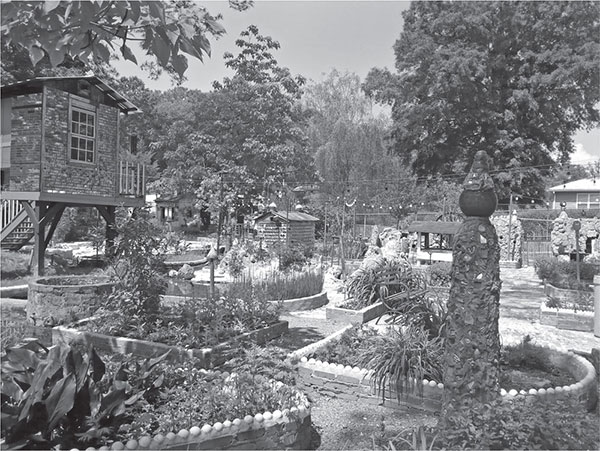
Paradise Garden, an iconic folk art sanctuary built by Howard Finster with divine guidance, flourishes with the fruit of Howards dream. Amy Petulla.
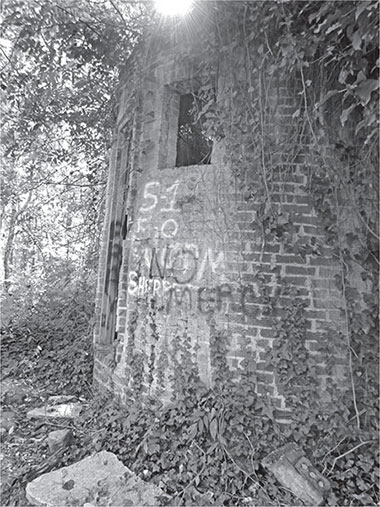
Since the murders there in 1982, rumors have swirled about a curse at Corpsewood Manor. Today, only a few crumbling structures remain. Amy Petulla.
Chapter 1
THE TOWN
Lying between the cities of Chattanooga, Tennessee, and Rome, Georgia, is the sleepy little town of Trion, Georgia, population around 1,700, located in Chattooga County. While the rest of the country has been growing, expanding and moving on with life, Chattooga County has remained the Land That Time Forgot. Were you to travel in time from the present to 1982, you might well not even realize you had made the trip, other than some wear and tear on the residents. The same probate judge sits on the bench, the court clerk from that time is only now preparing to retire and the same deputies greet you as you come in the courthouse door. Nor is it only the people who have remained unchanged. The scenery on the way there becomes more and more remote, and this tiny rural refuge from progress appears exactly as it did all those years ago. Long stretches of flat, open road with only the trees for a view, a few stores here and there that may have changed names but are otherwise identical to their earlier iterations, the water/sewage treatment plant with its large round vats brewingall offer the same placid appearance. A Paradise Garden marker now points toward the home of nationally known folk artist Howard Finster; years ago, the townspeople were not so anxious to point out the residence of the loony street preacher. The courthouse still presides over the square, populated in large part by shops that look like they went out of business decades ago. Natural beauty abounds, as do Christian values. The parks and ponds have not been sacrificed to the development gods, and even the old train depot has been preserved, serving as a gathering place for young and old alike. The one surprise when traversing this secluded province is the amount of art. Beauty created by both God and man thrives here.
Next page
